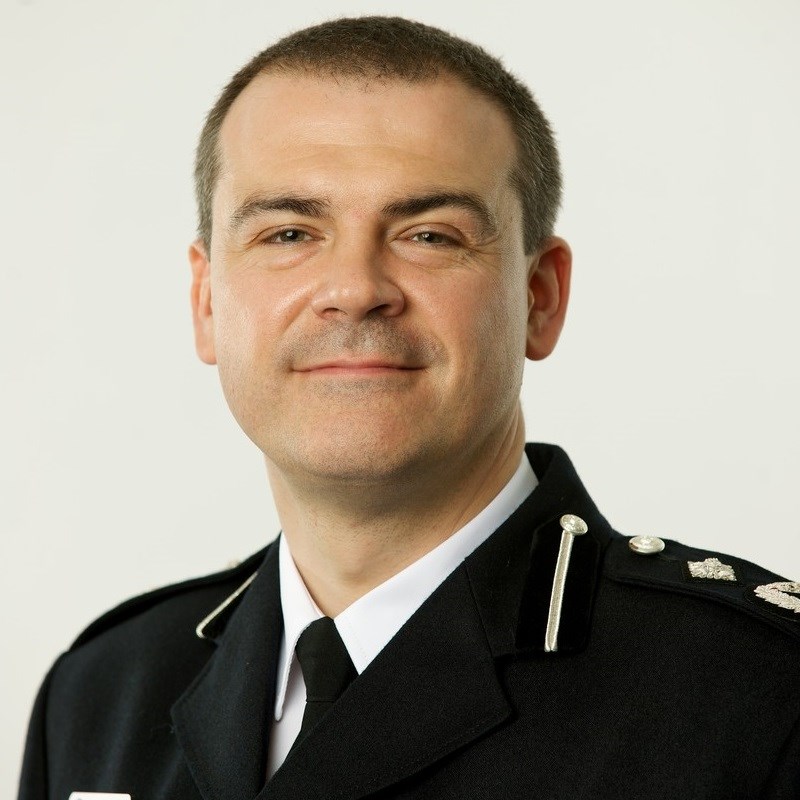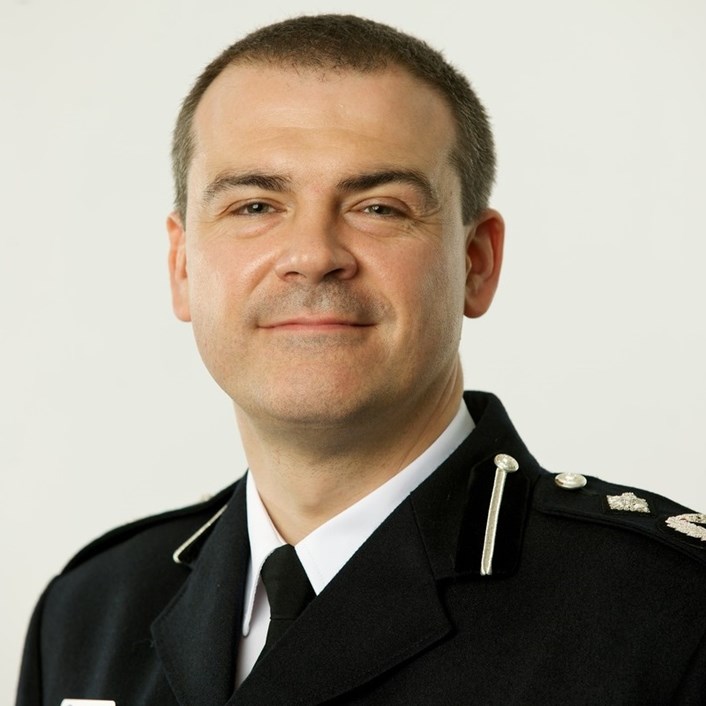
23 Jun 2017
CC Dave Thompson Blog: Policing funding – what do we need to tackle the threats we face?
In 1974 my predecessor as West Midlands Chief Constable, Sir Derrick Capper, faced a sustained UK IRA bombing campaign with 6,842 police officers. Forty years later and after a horrific series of attacks in London and Manchester, I face a modern terror threat with 6,600 officers – a number that has already fallen by close to 2,000 and is set to fall further.
Numbers, of course, do not tell the full story. Today we have the advantage of different powers, tactics and technology. We have specialist police staff and PCSOs. But we also have a much wider mission, from tackling anti-social behaviour to cyber-crime; acting as the service of last resort for people who have fallen through the gaps of other services. Our population is larger and more diverse with digital technology underpinning daily life. In this context, the fall of 20,000 officers across the country is an important part of the equation.
The government has already increased spending on counter terrorism, part-funded increases in firearms officers and given policing flat cash protection from 2015. However, countering terrorism is predicated on dedicated counter terrorism resources fitting into a broader police service. The firearms commanders, casualty bureau, custody staff, body recovery teams and uniformed officers patrolling crowded spaces that are so central to preventing and responding to a terror attack are paid for by core police funding. Over two thirds of the policing effort after the Westminster attack was not counter-terrorism funded. This figure will be much higher following the Manchester attack.
The current flat cash settlement for policing means force budgets will fall in real terms. We are guaranteed a shrinking government grant each year, which can only keep up with 2015 levels if police and crime commissioners increase local taxation to the maximum. Taking into account inflation and cost pressures there will be less money every year for forces on top of real terms cuts of 18 per cent since 2010. Many forces are now using considerable reserves to maintain current staff numbers, which when spent will see numbers falling even further.
If we are to sustain the protection citizens want and need, police leaders need to continue to reform, look hard at what needs to be done differently, and be bold and innovative in rising to the challenge. But we also need to work constructively with the new government on what is needed from police funding to tackle the threats we face. With lots of discussion about police funding and officer numbers in recent days and in the election campaign, I wanted to set out the three key areas that we think will make a real difference.
Firstly, the funding forces receive needs to be stabilised with real terms protection for policing as a whole. Last year we saw the prison service snap under pressure with riots in Birmingham Prison. We cannot afford this to happen to policing but the strain is showing from recent weeks and we’d have real challenges in dealing with something like the 2011 riots again. When things break recovery is never quick, and in policing it takes considerable time to recruit and train staff.
Secondly, the money we have can be spent more effectively. Chiefs and PCCs are working together to change the way we deliver forensics, armed policing, surveillance and major investigations; making them more affordable and effective with surplus costs available to reinvest in other priorities. We need continued support from the government to drive through changes like this. It’s also time to ask why a growing proportion of the police budget is being allocated to managing complaints or non-policing spend at a time when our core role is under strain.
Thirdly, targeted increases in government spending will help us tackle the threats we face. Government is already supporting work to enhance our ability to exploit the digital world to keep people safe; more investment will be needed with a growing cyber threat. Counter terrorism policing is stretched and is in no place to deliver efficiency savings. We will also need to think very carefully about the need for enhanced protection for our officers who run towards the terrorists.
However, the answer cannot simply be to do more in the shadows or be better armed. A significant cohort of those influenced by extremist views live in communities where public services have a legitimacy deficit. Visible, accessible policing cannot afford to shrink further. Police leaders value local neighbourhood policing so strongly, not from a dewy-eyed, sentimental yearning for the past but because it helps us gather intelligence, prevent harm and build public trust. A service that is not meeting the needs of local people is not likely to win their trust or assure them of their safety. Without investment or protection this time-served feature of policing will disappear at huge cost to our nation’s security.
The attacks in London and Manchester show we have a police service whose officers have shown incredible bravery defending the public. In the past few weeks, people have demonstrated a huge affection for the work of policing, recognising our officers are unquestionably the frontline of our nation’s security. It is time for police leaders to work with our new government and make the case for realistic investments in our service at this critical time.
National Police Chiefs’ Council Lead for Finance, Chief Constable Dave Thompson
Contact information
Communications office
By phone: 0800 538 5058
By email: press.office@npcc.police.uk

